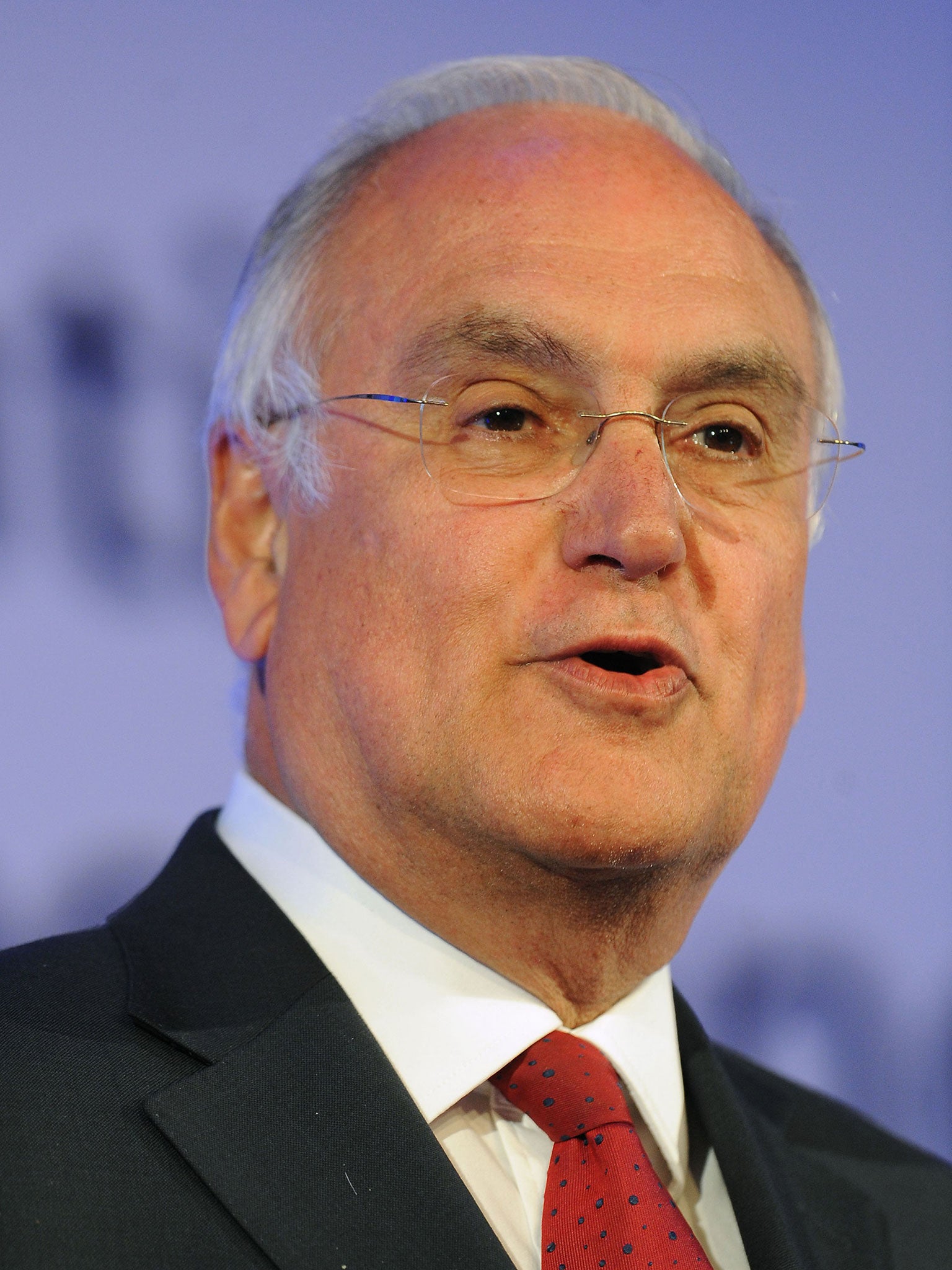Ofsted chief slams local councils for not reporting failing schools
The chief inspector has told MPs that he believes local authorities still have a role in holding schools to account

Your support helps us to tell the story
From reproductive rights to climate change to Big Tech, The Independent is on the ground when the story is developing. Whether it's investigating the financials of Elon Musk's pro-Trump PAC or producing our latest documentary, 'The A Word', which shines a light on the American women fighting for reproductive rights, we know how important it is to parse out the facts from the messaging.
At such a critical moment in US history, we need reporters on the ground. Your donation allows us to keep sending journalists to speak to both sides of the story.
The Independent is trusted by Americans across the entire political spectrum. And unlike many other quality news outlets, we choose not to lock Americans out of our reporting and analysis with paywalls. We believe quality journalism should be available to everyone, paid for by those who can afford it.
Your support makes all the difference.Ofsted’s chief inspector, Sir Michael Wilshaw, lambasted local authorities today for their “worrying” failure to keep tabs on poorly performing schools.
“The problem is far too few of you are [raising concerns about schools with the Government or Ofsted],” Sir Michael said. “My postbag is not exactly bulging with letters from concerned directors of children’s services imploring Ofsted to go in and inspect a poorly performing school within their boundaries.”
Speaking at a conference in Manchester for the Association of Directors of Children’s Services (ADCS), he said: “Your responsibilities are still enshrined in statute and they haven’t, as far as I’m aware, gone away. The question is are you taking those responsibilities seriously and are you stepping up to the plate, or have you already thrown in the towel on your duties to improve schools in your areas? I have to say that the evidence is, at best, mixed and this is worrying.”
Sir Michael’s warning follows evidence he gave to MPs this week that the so-called Trojan Horse schools in Birmingham were “vulnerable to extremism”.
The chief inspector has told MPs that he believes local authorities still have a role in holding schools to account, despite government pressure to reduce their powers. But he said that councils were in the “last chance saloon” if they wanted that role to have any significance, telling leaders of children’s services: “Your concern should be that if you do not use your powers wisely, all of the political pressure to curtail your role further will only increase.”
In an at-times hectoring speech that drew peeved looks from his audience, he said that Westminster increasingly saw councils’ typical response to education problems as “sluggish and half-hearted”.
“Councils are seen by many Westminster politicians as part of the problem and not the solution to creating a world-class education system,” he said. “At best, they perceive the type of sluggish and half-hearted response of local authorities to emerging problems that we’ve seen and reported on in Birmingham as all too typical. At worst they suspect some councils are actively colluding with those who have an interest in resisting change. That may well be outdated or downright unfair but it’s a perception you need to acknowledge and overturn – and quickly.”
Speaking about local authorities being increasingly edged out of education, he said: “How has it come to this? Historically the track record of local authorities in education has been patchy and in some cases poor.”
“Times have changed and many of the worst practices and excesses we witnessed back then are no more, but I’m afraid we haven’t exorcised all those ghosts of the past. Many councils, for instance, are adept at responding to problems but fail to anticipate them. They know what a failing school is but have real difficulty in recognising what makes a really outstanding one.”
Alan Wood, president of ADCS and director of children’s services for Hackney, told The Independent: “I don’t agree with him that local authorities don’t have a track record in education but I do agree with him that we’re not collectively doing enough now to show how we make a difference in education. And I think we have perhaps allowed structural changes and statutory changes to edge us out of our creative and innovative role in education.”
Join our commenting forum
Join thought-provoking conversations, follow other Independent readers and see their replies
Comments